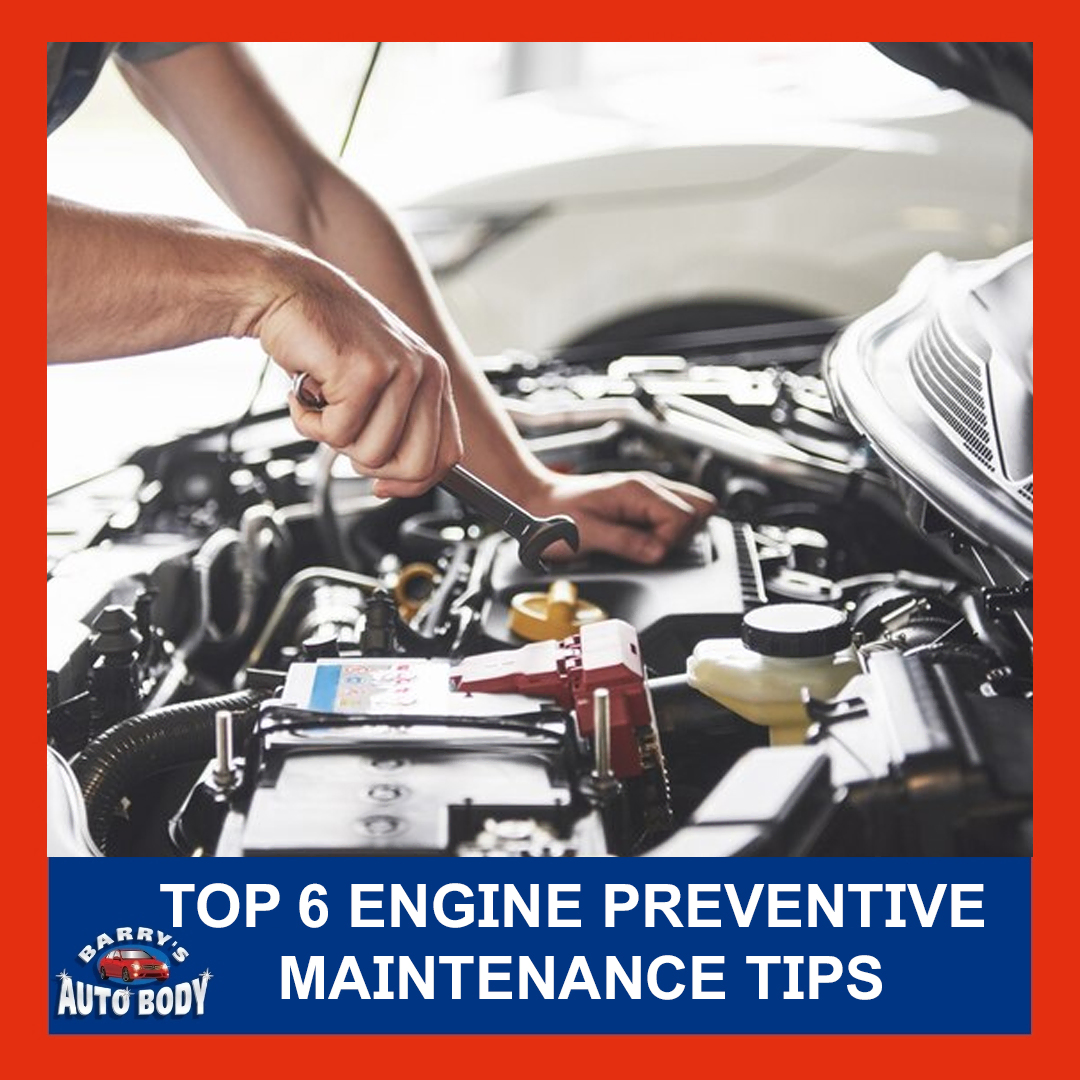We all know that regular maintenance of our cars can help improve performance and reliability. But do you know how to maintain your engine? Keeping the engine is crucial whether you drive a car, motorcycle, or an SUV.
While it may seem like preventive maintenance is a tedious task, you can extend the life of your engine by thousands of miles when done correctly. This piece of content features four tips that every car owner should follow to prevent engine failure.
Keep Your Engine Clean
This is the most crucial step you can take to keep your car engine healthy. Accumulation of dirt, grime, grease, and debris can lead to filter blockage and low performance. A dirty engine takes longer to cool down, and overlooking the scenario can even lead to engine blowout.
While the oil filter and other metals in your engine have excellent protection from dirt, sand particles will soon cause blockages if not taken care of properly by you or a professional mechanic at an appropriate frequency. Keeping it cleaned out regularly is one good way to improve performance while keeping harmful materials away from your car’s insides and components, ensuring high-performance operation.
We recommend getting your engine inspected by a verified mechanic who can use degreaser and vacuum tools to remove any grime from the engine casing.
Follow Your Owner’s Manual Guidelines
We can guarantee that your owner’s manual will have some valuable guidelines on maintaining your engine correctly. But do you follow all of these recommendations when doing preventive maintenance for the first time? If not, consider reviewing them carefully to prevent any complications and breakdowns from happening.
Replace Engine Air Filter
An air filter keeps your car’s engine running smoothly, and it also prevents dirt and debris from entering the system, leading to reduced gas mileage and increased emissions. Changing your car’s air filter at least once a year is one way to help keep your engine running smoothly by removing debris and excess dirt.
Your owner’s manual will advise you on how long it is recommended that your car continue running before changing a manual-flushable filter to prevent any possible harm by reusing an old one.
Check the Spark Plugs
If you are on a road trip and the car suddenly shuts down, it could be spark plugs or wires. Spark plugs get corroded and need to be replaced to ensure the smooth running of the engine. If you have long drives, replace your spark plugs every other year or at the lightest suggested intervals by your owner’s manual. If you are short on time, it doesn’t hurt to change them once a month so that they won’t break while you’re out driving around town.
It is better not to wait too long before replacing spark plugs because as metal objects rust and corrode over time, they generate deficiencies in magnetic fields, which prevent the ignition from taking place when plugged into an engine. That’s why spark plugs will eventually stop producing sparks, and more than likely, damage the engine beyond repair in case of a short heating-up period.
Keep an Eye Out For the Check Engine Light
The check engine light indicates a problem with your car’s electrical system. The best thing to do is get it looked at by an experienced mechanic as soon as you notice this because typically, these things can cost thousands of dollars to repair.
Change Engine Oil at Regular Intervals
This will make sure that your engine runs smoothly and efficiently. It would help if you refilled this fluid once it dries up. The oil in the engine protects and lubricates your car’s internal parts, which all run at high temperatures constantly while they are turning over and moving along with the vehicle on its way.
Engine oil helps capture dirt and grime and prevents it from spreading to other engine components such as filters. Inspect your engine oil levels every month and make sure to top up if the levels are low.
Always keep an eye out for any abnormal noise or smell coming from the engine. Get your car inspected once a year! Planned maintenance is the key to extending your car’s lifespan and keeping it circulating well. It can also help you have peace of mind by keeping things like unexpected breakdowns at bay.

